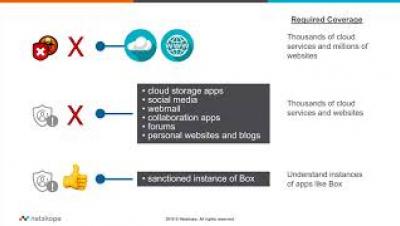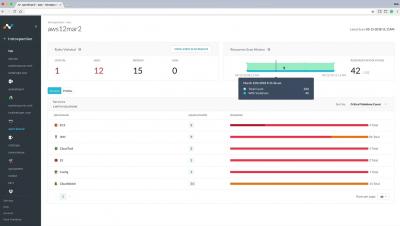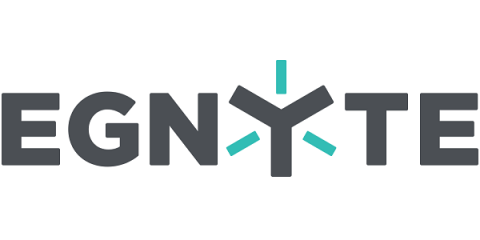Check your Amazon S3 permissions. Someone will.
Nearly all large enterprises use the cloud to host servers, services, or data. Cloud hosted storage, like Amazon's S3, provides operational advantages over traditional computing that allow resources to be automatically distributed across robust and geographically varied servers. However, the cloud is part of the internet, and without proper care, the line separating the two disappears completely in cloud leaks— a major problem when it comes to sensitive information.









